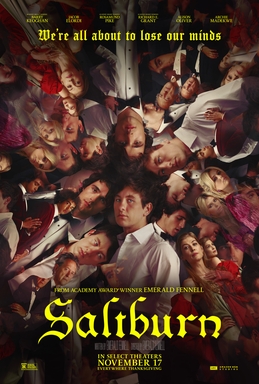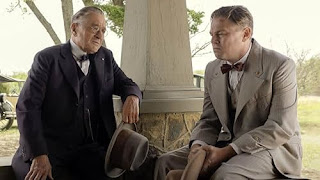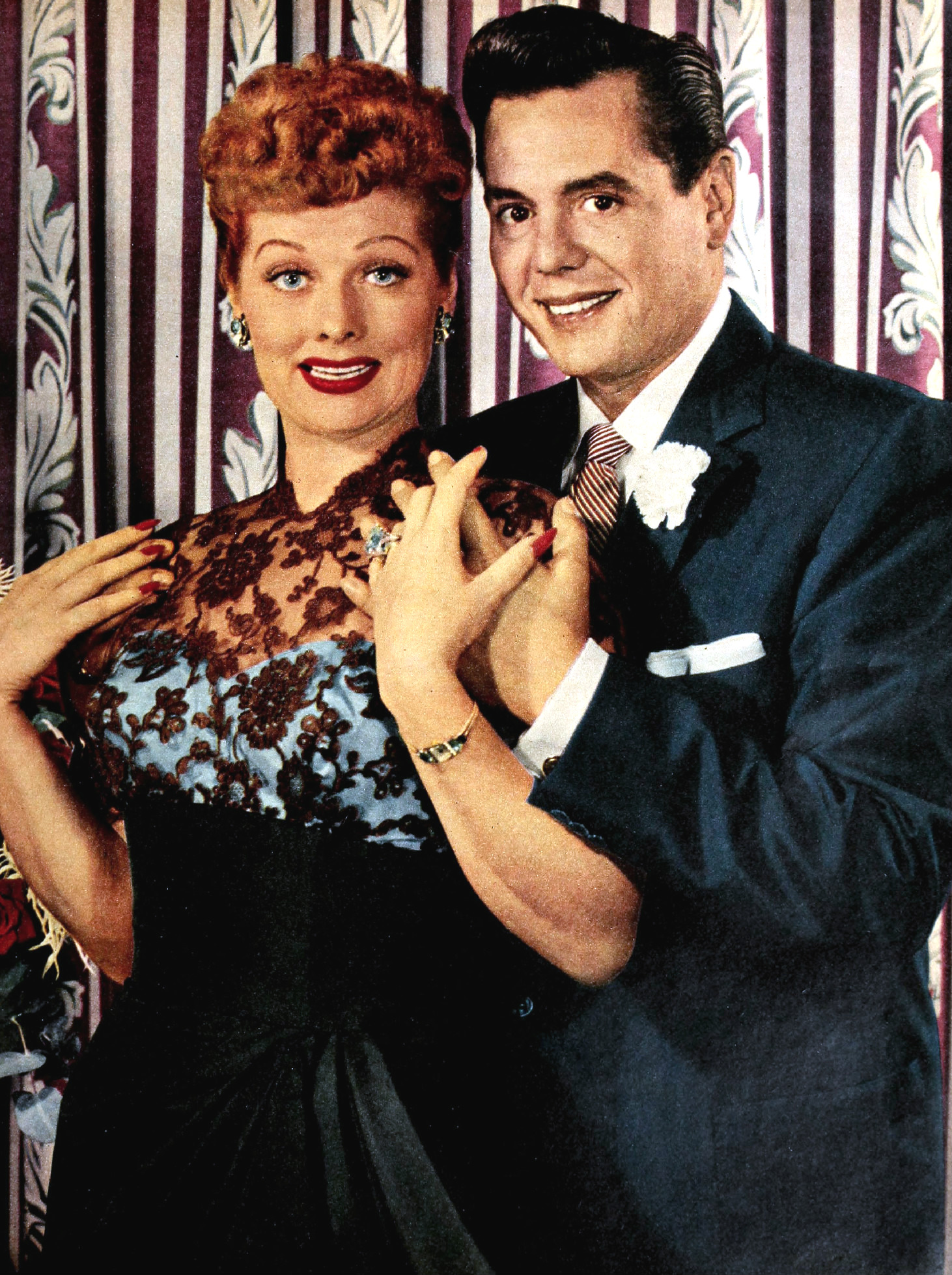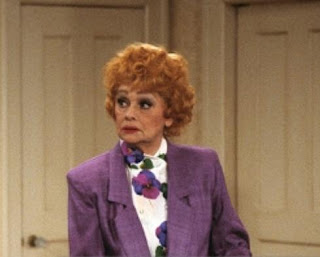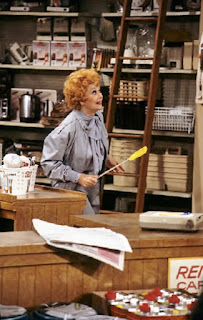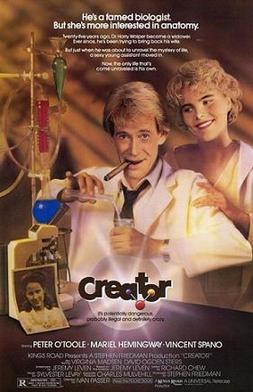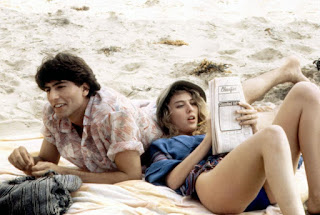NAPOLEON (2023)For all the short jokes that inevitably come when people mention Napoleon Bonaparte, he has had a large, dare I say, gigantic, role in world history. This latest biopic of the French Emperor may not be the final word on Bonaparte, but it does have more positives than negatives.
Covering the time period from the fall of the Ancien Regime and Queen Marie Antoinette's beheading to his second exile on St. Helena, Napoleon chronicles the rise and fall of our Corsican soldier turned Emperor. Napoleon Bonaparte (Joaquin Phoenix) witnesses the former Queen's execution, but is neither a fanatical Reign of Terror supporter or a monarchist. He serves the Republic admirably, defeating the British attempt to conquer his beloved France.
He has another beloved, the beautiful aristocrat Josephine de Beauharnais (Vanessa Kirby). He woos the widow and Reign of Terror survivor, eventually winning her hand in marriage. Napoleon's lusts, however, go beyond Josephine's boudoir. He "liberates" Egypt but rushes back when he hears that Josephine has taken a lover. Despite her indiscretion, he still stands by her, and his quick return to crush the liaison comes in handy when he overthrows the Directorate and installs himself as First Consul.
It is not long before, like the Romans who shifted from Consul to Emperor, France finds itself with a new monarch. That is Napoleon himself, with Josephine beside him. The Imperial throne needs an heir, which Madame l'Imperatrice cannot give him. With a broken heart, he agrees to a divorce for the sake of the nation. Josephine is equally displeased with this decision, but she too sees the impossibility staying as the Emperor's consort.
They are still friends, with Napoleon writing her many letters detailing his plans for such things as the battle of Austerlitz and his Russian campaign. The failure in Russia forces an abdication and exile, albeit with a generous pension and continued support for the former Empress. However, he found that able was he when he saw Elba. Escaping his exile, he returns to France, but too late to reunite with Josephine, who died shortly before he arrived at her chateau. Despite this, there is still a throne to regain. The ultimate battle between the Emperor and various other empires is at Waterloo, and now defeated, he goes into second exile. He dies there, unrepentant of the millions of death he caused but, according to the on-screen text, whispering his final words, "France, the Army, Josephine".

It is said that all's fair in love and war. Napoleon proves, or at least tries, to prove that when it goes between the major campaigns of war and the major campaigns of love. It has some trouble balancing the two, especially the romance. Director Ridley Scott and screenwriter David Scarpa could have focused on one or the other. They opted for a bit of a mishmash of both.
It is not that such as mishmash does not work. It is more that it forgets where it finds itself at times. When it focuses on the battle sequences, you get almost thrilling moments. The Battle of Austerlitz is a major highlight, where the drowning soldiers is a mixture of visual awe and terrible tragedy. Napoleon's score and cinematography here, at Waterloo and Toulon early in the film are also strong and effective.
It is also not that the romance angle is not without some positives. The scene where the divorce is publicly formalized is quite sad, and Napoleon slapping Josephine is both shocking and sad.
However, at times Napoleon played almost like comedy. There were some lines that caused the audience to burst out in laughter. One of the funniest moments comes when he sneers at a British official. "You think you are so great because you have boats!" he declares, half-petulantly half-seriously.
When, for another example, Josephine chides Napoleon for being overweight, he retorts, "Destiny has brought me here. Destiny has brought me this lambchop". It's hard not to laugh at such lines, especially as delivered by Phoenix, who says this almost casually. This curious moment comes right after he has told Josephine that she is to get pregnant that night or he'll divorce her.
Again, as said by Phoenix, he is perfectly serious. However, given their curious lovemaking habits, I do not know if the Emperor is aware exactly how one gets pregnant. He does when his mother of all people procures a mistress for him to impregnate to verify that he's not the problem.
One is also left wondering if Napoleon was working at being a bit more contemporary than the historical record. I grant that my knowledge of French history is limited, so I won't bother trying to find if Napoleon is historically accurate. However, when Josephine returns from a tryst with her lover to find all her clothing boxed up in the front courtyard, I did wonder if this was the Napoleonic version of "to the left, to the left".
It is interesting that out of the cast, it was Rupert Everett in the small role of the Duke of Wellington who came out the best. It makes one wonder why there hasn't been a Wellington biopic. Is there a Wellington biopic? If there isn't, I'd love to see Everett reprise the role. Phoenix makes Napoleon into a sometimes stoic, sometimes weepy figure. It depends on whom he is talking to or what he is talking about. For the most part, the Emperor is stoic regardless of whether he is taking down the Directory or attacking the Pyramids.
When he deals with the Empress, however, more often than not he is ready with handkerchief, wiping tears.
Kirby, I think, did as well as she could with what she was given. I neither loved or hated the performance. I think she could have done better, but I do not think she was horrible either. I think she had some good moments, such as in the previously mentioned divorce scene.
I found Napoleon to be good, not great. It is an antiwar film in that it ends by listing the number of casualties in his various war campaigns, a reminder of the human cost of his rise and fall. I have one major disappointment with Napoleon. Despite the probably unintentionally funny lines, not once did Napoleon ever say, "Not tonight, Josephine".
DECISION: B-





